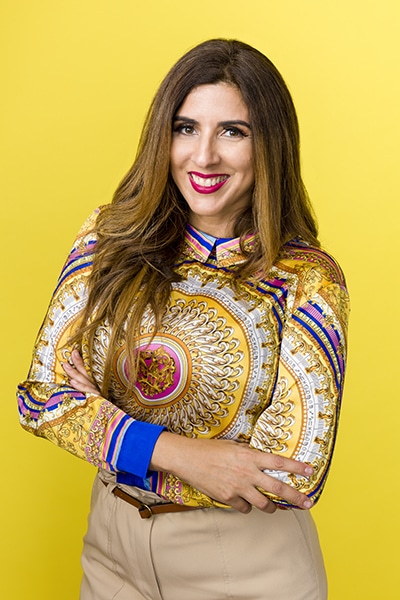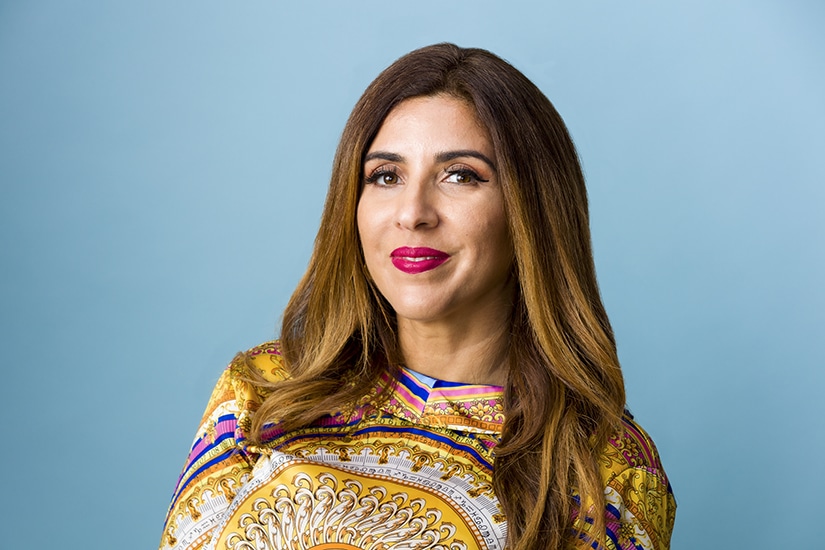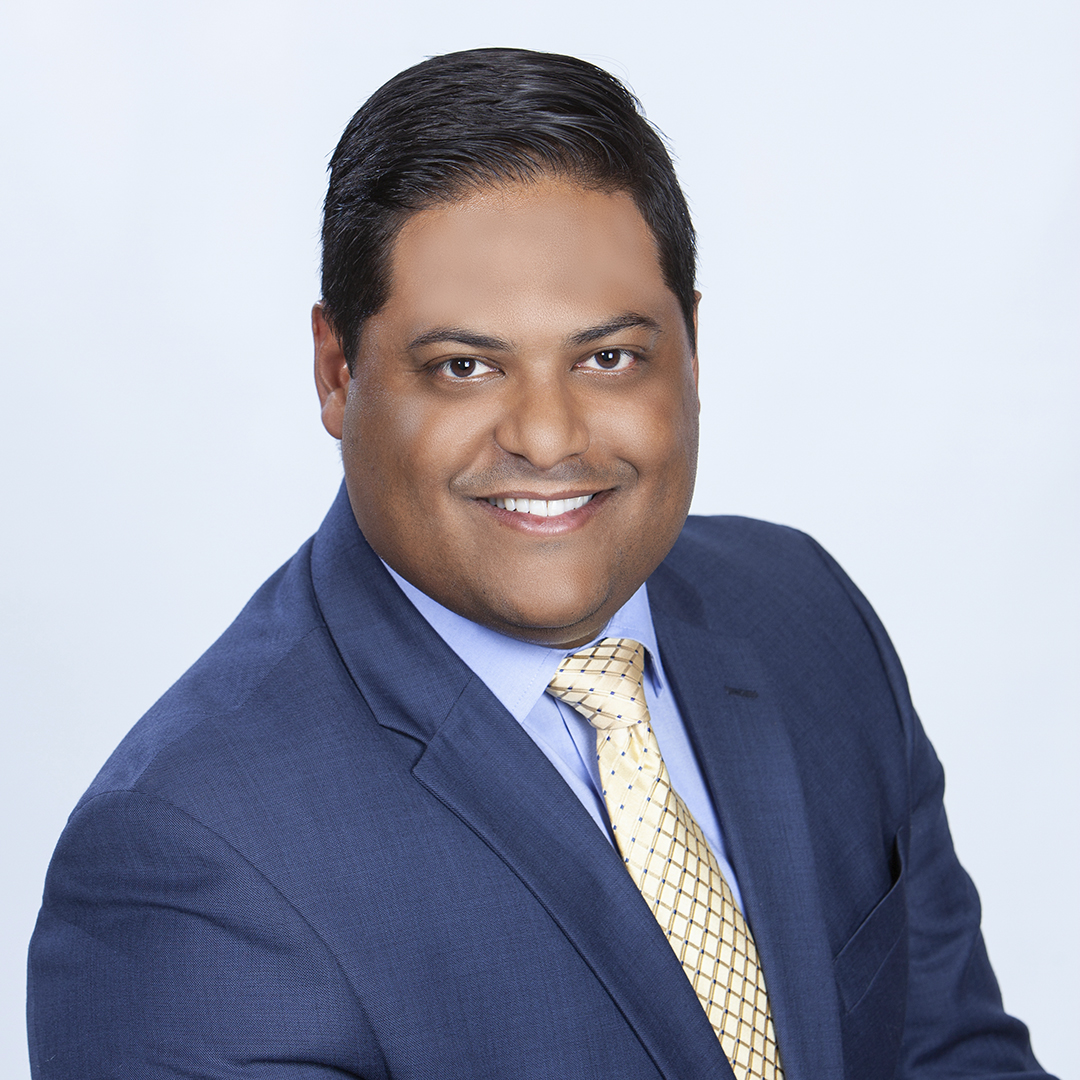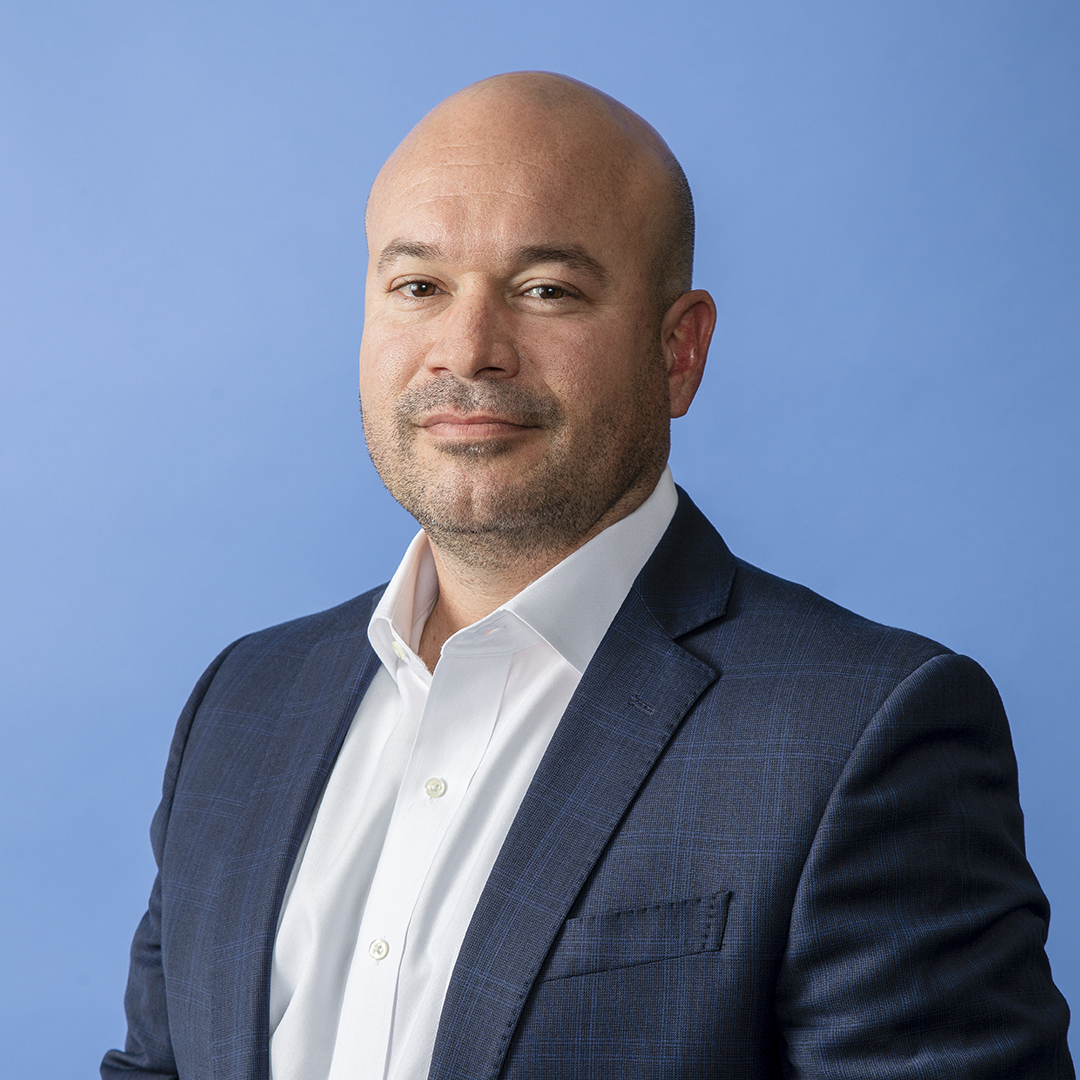|
Getting your Trinity Audio player ready...
|
The most consistent element in the life of Marnie Forestieri is her steadfast refusal to settle.
For many, edging into unfamiliar fields before ultimately deciding on a career is a perfectly traditional path—and, unquestioningly, an easier one to tread than Forestieri’s. From CNN Spanish journalist, to family-business property developer, to documentary filmmaker, to writer, to corporate vice president, to preschool teacher, to curriculum designer, to successful entrepreneur, Forestieri has navigated her way to the forefront of early-childhood development services. Today she employs proprietary curriculum to promote the mind-sets and thinking routines that her students will require to become the fearless problem-solvers of tomorrow.

It’s not Forestieri’s first go at franchise development. The entrepreneur recently sold the childcare franchise she founded, the Amazing Explorers Academy, and is using the proceeds to build the burgeoning Young Innovators Academy. Featuring a business model that’s aimed to address high turnover rates in childcare as well as traditionally low wages and benefits, the company will also give employees ownership stakes in the company.
Forestieri’s resume reads like a treasure map for one seeking ownership and validation of her chosen path. “I eventually found my mission,” Forestieri says from her home in Florida. “My experience as an entrepreneur and educator truly builds on all of my previous experience.”
The Dominican-born Forestieri began her career as a Tokyo correspondent for CNN Spanish, seeing the world from a wide scope. The stint in journalism set her up well in a number of capacities and undoubtedly contributed to her later, heralded creative endeavors—not only did she produce an award-winning documentary for the History Channel (Conspiracy in the Caribbean: Trujillo), but her book El Yakusa de mi Corazon was a Juan Rulfo Award finalist and published by Grupo Planeta.
While the awards and validation were nice, Forestieri says her nonstop career pivot was a result of numbers just not adding up. “Every time I got a check, I would think to myself that this was a completely unsustainable living,” Forestieri laughs. “I had to find a way to monetize my talents in a more serious way.”
“I discovered early on that innovation was the key to success, and I adopted the mind-set that if I was willing to go with change, the rest would come.”
The future business leader had already accrued some old-school know-how in turning her family’s film-development business into property management. “I knew this was a dying industry and converting the business wound up being a very smart decision,” Forestieri says. “I discovered early on that innovation was the key to success, and I adopted the mind-set that if I was willing to go with change, the rest would come.”
Forestieri headed back to school to earn her MBA, but the pressures of raising young children impelled her to leave school early—but not without some valuable lessons learned. She tackled VP of marketing roles for a large telecommunications company. Unable to determine how she was going to talk herself into the position, her first day was rocky.
“One of the managers took me aside and told me that they didn’t have much hope for me because I was the third VP they’d had in a year,” Forestieri says. “It wound up becoming my best training and one of the best things I’ve ever done.” As VP, she overhauled numerous departments at the struggling company. Still, it wasn’t where she felt she belonged.
“So I went back to school again,” Forestieri says frankly of her decision to study education. “I went from being a VP with a driver and assistants to being a preschool teacher.” It was an exercise in humility for Forestieri, but also one that provided her with an opportunity to forge connections with teachers while learning more about the methods and processes of early education. Her own education ended up providing invaluable source material when she later built a school of her own.
After taking the bold entrepreneurial leap and developing her educational philosophy into a learning-academy franchise, Forestieri was convinced that she could expand that philosophy at an even larger scale—and in a way that could better benefit both educators and students.
“The model I created as a franchiser was actually perpetuating the same challenges for the industry: low wages, high turnover, and a lack of stability for those children who relied on our services,” Forestieri says. “That’s when I decided to go to Stanford.”
With sponsorship from Wells Fargo and others, Forestieri enrolled in the Stanford Latino Entrepreneurship Initiative Education-Scaling Program, offered by the Stanford Graduate School of Business Executive Education and the Latino Business Action Network (LBAN) spearheaded by CEO Mark Madrid.
“Marnie is the embodiment of fearlessness and courage, qualities that catalyze innovation,” Madrid praises. “She continues to push the envelope and surrounds herself with innovators, capital igniters, and outstanding talent. She is unstoppable. In our classroom of scaled US Latinx entrepreneurs, we declare that a number of them will create billion-dollar companies. Unequivocally, Marnie will be one of them.”
“It absolutely changed my life,” Forestieri says. “That was where I learned that I needed to challenge my own business model and work to create something new.”
As a graduate of the program, Forestieri says the experience continues to pay dividends and ultimately wound up contributing to Forestieri’s daughter attending Stanford. Today, the entrepreneur remains a committed mentor of the program.

“This industry demands some disruption, and that is what we’re going to do.”
The Young Innovators Academy, Forestieri’s brainchild, aims to build on her experience by bolstering early-childhood learning through technology-enabled components that will collectivize and unify local childcare and community-based organizations around the brand. “There’s what many consider a national childcare crisis, and my mission is to impact as many young kids as we possibly can,” Forestieri says. “This industry demands some disruption, and that is what we’re going to do.”
“By developing Hispanic-owned businesses like Marnie’s, Wells Fargo is helping strengthen the economic impact that diverse businesses have on their communities,” explains Regina Heyward, senior vice president and head of supplier diversity at Wells Fargo. “We’re happy to partner with organizations like Stanford and LBAN that align with our vision and provide diverse businesses access to much-needed resources to grow and scale.”
Forestieri says her own excitement in being able to offer insurance, 401k, and other benefits to an industry that has largely gone without such amenities will create a much more sustainable and retainable staff—which will help ensure continuity of care for students and better lives for the school’s employees. Was it worth a full resume of accomplishments and multiple back-to-school efforts? “You have to respect the mission,” Forestieri says simply. “It’s those experiences that have made me successful and will continue to push me to push the boundaries of what is possible.”
RELATED LINKS
https://hispanicexecutive.com/2019/frank-galindo-lincoln-educational-services/
https://hispanicexecutive.com/2018/veronica-gonzales-utrgv/

